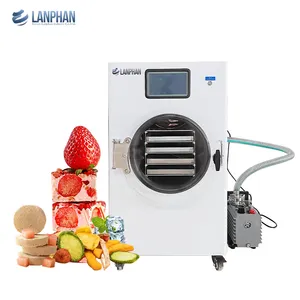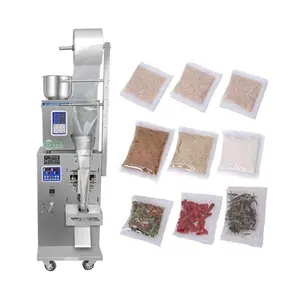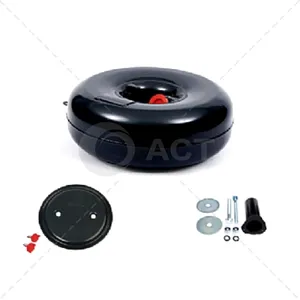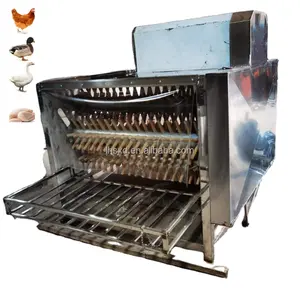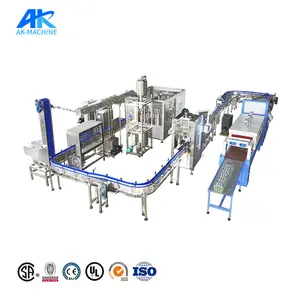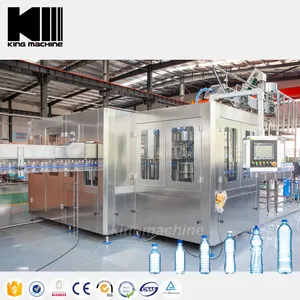Popular in your industry





















































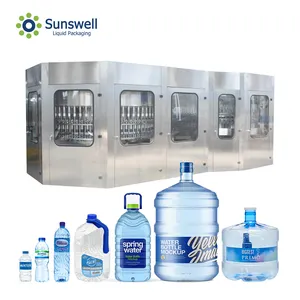





Related Searches:


















































































































Top categories
About water bottling plant
The water bottling plant is an essential unit in the beverage industry. It serves a critical function in the production and packaging of bottled water, ensuring that it is safe and ready for consumption. Various types of water bottling plants exist, each designed to handle specific tasks within the entire bottling process.
Types of water bottling plants
Water bottling facilities can be categorized based on their capacity and the operations they perform. In a water bottle factory, the main types include small, medium, and large-scale plants. Small-scale plants are designed to produce a few thousand bottles per day. They are typically used by local businesses that supply bottled water to nearby markets. On the other hand, medium-scale water bottling facilities are designed to produce tens of thousands of bottles per day, serving wider markets. Large-scale plants, such as a water bottle manufacturing plant, can produce hundreds of thousands to millions of bottles per day, catering to national and international markets.
Features of water bottling plants
There are several features that define a water bottling plant, with each one playing a crucial role in the overall process. The first feature is the water treatment system. This system purifies the raw water to make it safe for drinking. The purified water is then filled into bottles by the water filling system, another key feature of the plant. The next feature is the capping system, which securely seals the bottles to prevent contamination. Finally, there is the labeling and packing system, which labels the bottles and packs them for distribution. In short, a water filling plant has an integrated system designed to perform multiple tasks efficiently and effectively.
Materials used in water bottling plants
Various materials are used in the construction of a water bottling plant. Stainless steel is extensively used because it is resistant to corrosion, making it ideal for handling water. The bottles themselves are often made of plastic, specifically polyethylene terephthalate (PET), due to its lightweight nature and recyclability. The caps used to seal the bottles are typically made from polypropylene, a type of plastic that is resistant to water and can withstand high temperatures. The labels on the bottles are usually made from paper, plastic, or a combination of both. These materials ensure the water bottling facility is able to operate effectively while meeting the necessary health and safety standards.
A water bottling plant plays a crucial role in the beverage industry. Whether it's a small-scale water bottle factory serving local markets, a large-scale water bottle manufacturing plant catering to international markets, or something in between, these plants ensure that the bottled water consumers receive is safe, clean, and ready for consumption. Their integrated systems and the materials used in their construction are designed for efficiency, effectiveness, and adherence to health and safety standards.

